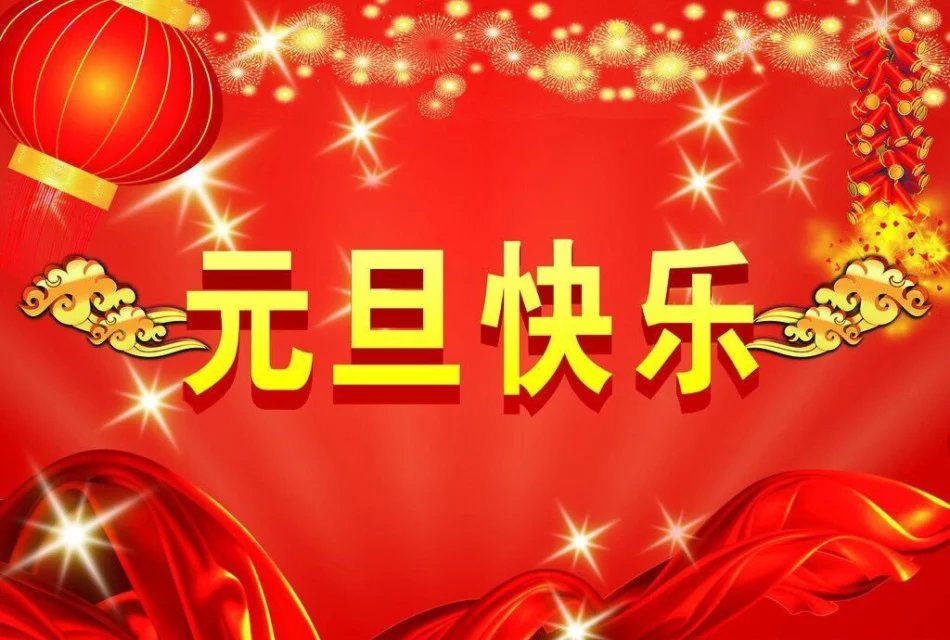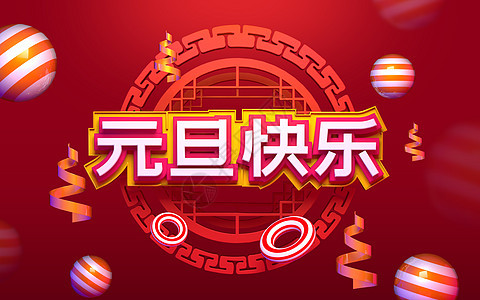
Tel.: +86 13358378970
E-mail: sales6@saulplc.com

Tel.: +86 13358378970
E-mail: sales6@saulplc.com
Dec. 29, 2023
The word "New Year's Day" first appeared in the "Book of Jin": "Emperor Zhuan took the first month of Mengxia as the Yuan Dynasty, which is actually the spring of New Year's Day in Zhengshuo". During the Northern and Southern Dynasties, Xiao Ziyun, a literary historian of the Southern Dynasties, also recorded in his poem "Jie Ya" that "New Year's Day comes to all four seasons, and Spring comes to Wanshou". The "First Month" entry in volume 1 of Wu Zimu's "Mengliang Lu" of the Song Dynasty: "The first day of the first lunar month is called New Year's Day, and it is commonly known as the New Year. This is the first of the first year-old festivals." Cui Yuan of the Han Dynasty called it "San Zi Chai Ming" "Yuanzheng"; it was called "Yuanchen" in "Yangdu Fu" by Yu Chan of the Jin Dynasty; it was called "Yuanchun" in a piece of "Yuanhui Daxianggehuang Xia Ci" in the Northern Qi Dynasty; it was called "Yuanchun" by Li Shi of Tang Dezong It is called "Yuan Shuo" in the poem "Retreating from the DPRK to Watch the Army and Return to Camp".
New Year's Day Legend
According to legend, China's New Year's Day originated from Zhuan Xu, one of the Three Sovereigns and Five Emperors, and has a history of more than 5,000 years. Legend has it that more than 4,000 years ago, when Yao and Shun were in their heyday, Yao worked hard for the people and did a lot of good things for the people. The leadership position of the "tribal alliance" was passed to his son, but to Shun, who had both moral character and ability. Yao said to Shun: "You must pass on the throne well from now on, so that you can rest in peace after my death." Later, Shun passed the throne to Yu, who had done great work in controlling floods. Yu also loved the people and did things for the people just like Shun. He has done many good deeds and is very loved by others. Later, people regarded the day when Emperor Shun offered sacrifices to heaven and earth and the late Emperor Yao as the beginning of the year after Yao's death, and the first day of the first lunar month was called "New Year's Day" or "Yuanzheng". This was the ancient New Year's Day.
All dynasties in the past dynasties held celebrations, ceremonies and other activities on New Year's Day, such as offering sacrifices to gods and ancestors, writing Spring Festival couplets on doors, writing blessing characters, and dancing dragon lanterns. Folks also gradually formed rituals such as offering sacrifices to gods and Buddhas, ancestors, pasting Spring Festival couplets, setting off firecrackers, etc. Staying up late on the New Year's Eve, having a reunion dinner, and numerous "social fire" and other entertainment and celebration activities. Xin Lan, a poet of the Jin Dynasty, once wrote a poem "Yuanzheng": "On the Qingming Festival of Yuanzheng, Jiaqing begins. Xian plays the wine cup for thousands of years, and Xiao Datong is happy." It describes the New Year's Day celebrations.

New Year's Day customs
New Year's Day customs
In ancient New Year's Day customs, food was the first priority for the people. In ancient China, after the harvest of crops was completed, people who had worked for a year would prepare abundant food to welcome the spring, that is, "when all grains are ripe, it means Nian", commonly known as "Nian". In the Song Dynasty, there are records of setting off firecrackers, going to annual gatherings, and having reunion dinners. Lu Yuanming of the Northern Song Dynasty mentioned in "Miscellaneous Notes of the Year": "On New Year's Day, people in the capital eat more suo biscuits, so-called Nian Fu, or the like." This shows that the people of Bianliang at that time would prepare food such as noodles to celebrate the New Year. New Year's Day customs gradually formed.
In modern times, New Year's Day celebration customs have become simpler. People tend to use the New Year's Day holiday as a good time for rest, entertainment and relaxation, watching TV, movies and short-term travel. Let’s take a brief look at the three major ways to celebrate New Year’s Day that are currently common:

The first way to celebrate New Year's Day customs: It is known throughout China and even the whole world that many countries regard New Year's Day as a holiday and have a holiday on New Year's Day. After the founding of New China, New Year's Day was also designated as a legal holiday.
The second way to celebrate New Year's Day customs: Nowadays, the more common ones are activities organized by groups, such as New Year's Day parties, hanging slogans celebrating New Year's Day, or holding group activities, etc. In the past, there were organizations that beat gongs and drums and performed folk dances collectively. Now, You can still see it in TV documentaries. With the development of science and technology today, it has evolved into a gala or something. In recent years, there have been more travel, party and other programs. Anyway, there are not many traditions on New Year’s Day. In fact, New Year’s Day only means a three-day holiday for the younger generation. On New Year’s Eve, watch programs hosted by CCTV and provincial satellite TV New Year's Eve parties have gradually become an entertainment trend in the past two years.
The third way to celebrate New Year's Day customs: The traditional Chinese way of celebrating is among the people, especially in rural areas. Every New Year's Day, every household will set off firecrackers, kill chickens and geese, and worship the gods of various places before the family reunites for a meal. As for a more serious way of celebrating, I haven’t seen it yet.
Navigation
Add.: 9D, 9th Floor, Huguang Building, Hubin West Road, Siming District, Xiamen City, Fujian Province, China
Tel.: +86 13358378970
Mob.: +86 13358378970
E-mail: sales6@saulplc.com
WhatsApp: +86 13358378970
Wechat: +86 13358378970